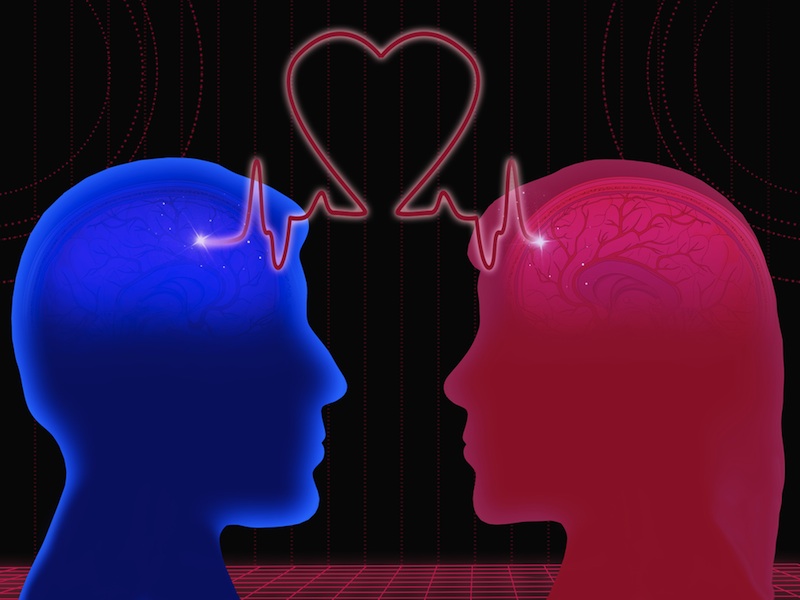It is a state of happiness, a feeling that makes you think that nothing else matters apart from that person, a constant desire to be by their side, that and many other things are felt in the early stages of falling in love. What happens in our body when we are in that state? Why do we feel like this? In this article, we explain how love works in the brain and its effects on our body.

Steps to follow:
- Science has been dedicated to studying the most complex organ of the body: the brain, despite this there are many things that we still do not know. Regarding love and its effects, there are several studies that assure that what we call “being in love” is the product of the action of many hormones that work simultaneously.
- Relationship addicts and emotional dependents know it: love can be addictive, this is because during infatuation serotonin levels drop and dopamine levels increase, producing a pleasure similar to that received with the consumption of some drugs, that’s why we want more and more to be with that person.
- The areas related to the dopamine reward are full of this neurotransmitter while those parts of the brain related to critical judgment and negative emotions and thoughts have little activity, hence during falling in love it is difficult to detect that this person is not for us.
- This itself has as a consequence that marked happiness, that positivity and joy that is manifested when we are in love and that is so easy to detect for the people around us.
- Testosterone levels also increase causing an increase in sexual desire which makes us a bit crazy and unbalanced, completely full of lustful thoughts about that person.
- In addition, science made an interesting discovery: the more we make love with that person who drives us crazy, our brain secretes oxytocin, which is the hormone responsible for us wanting to establish long-term relationships and commit ourselves.
- The increase in oxytocin levels makes us have more confidence towards that person, that we feel attached and that we want to spend a lot of time in their company. The more oxytocin there is, the more desire for a future together they will experience.
- In other words, attraction, falling in love, happiness, sexual desire, the addictive feeling of wanting more and more and even the desire to spend the rest of our days next to that person is the product of a great cocktail of hormones courtesy of our brain and its complex functioning.

